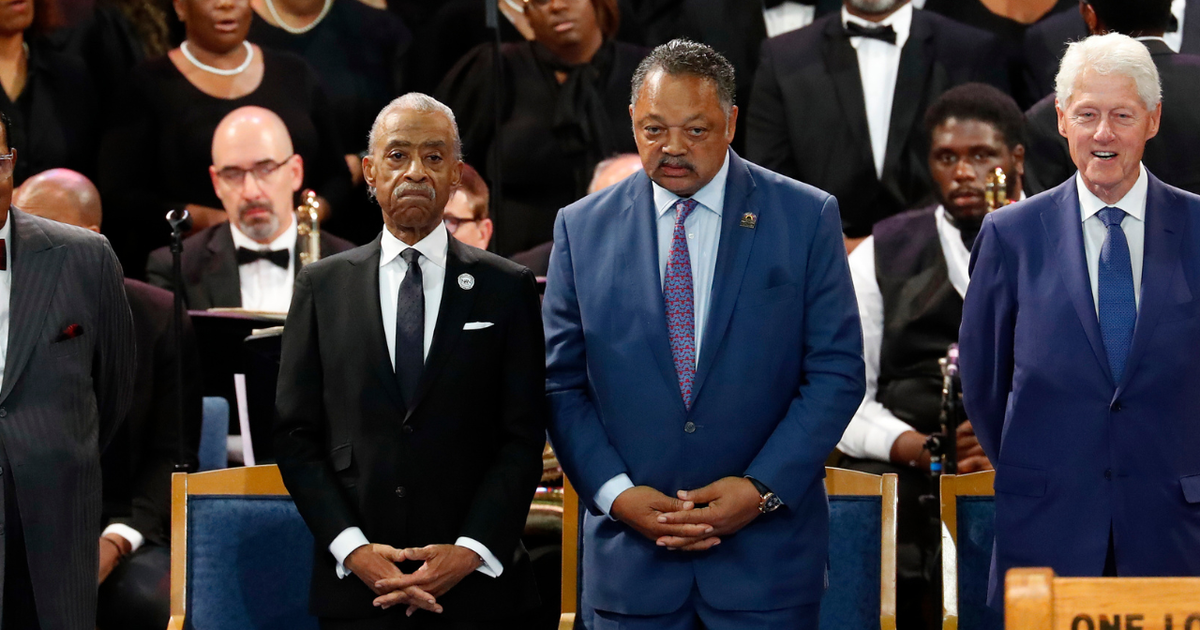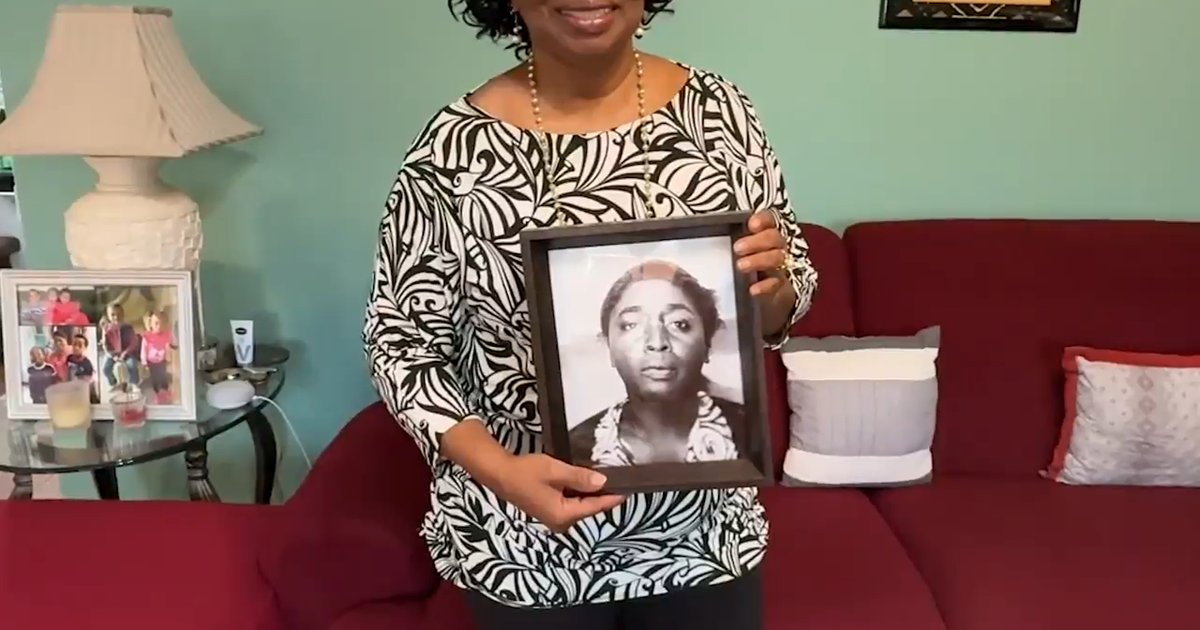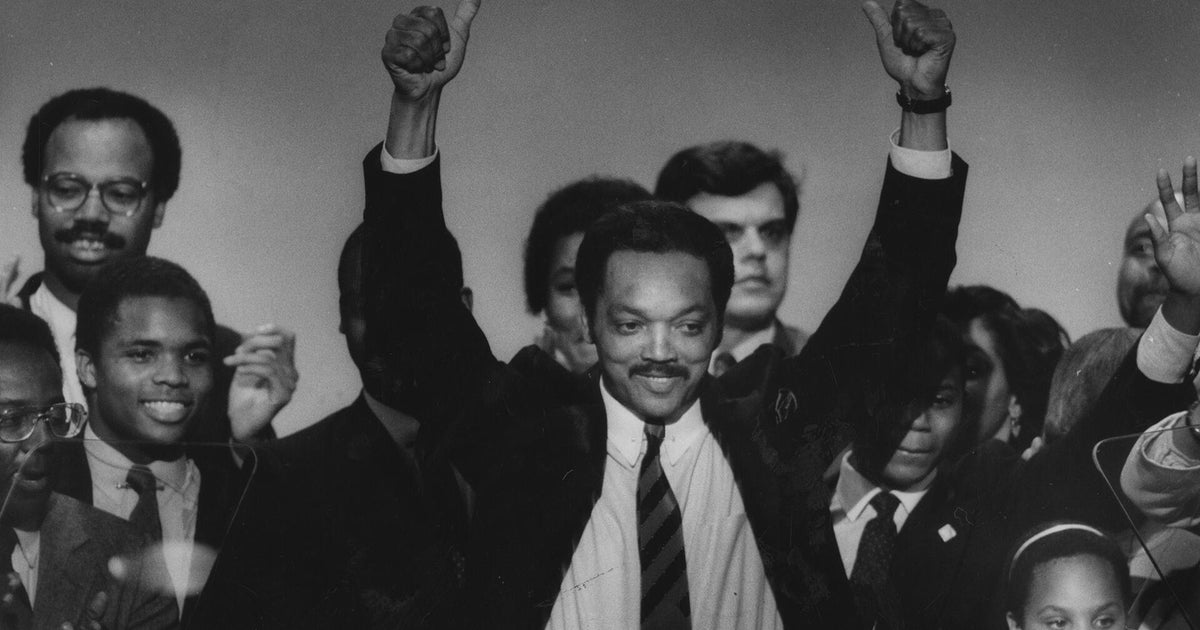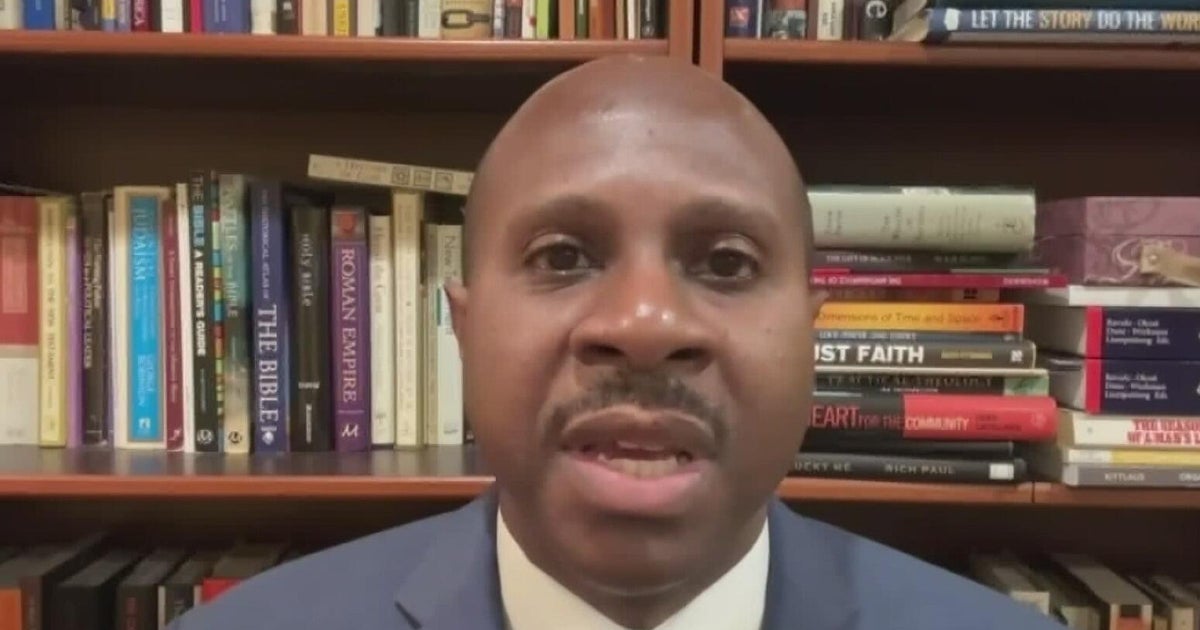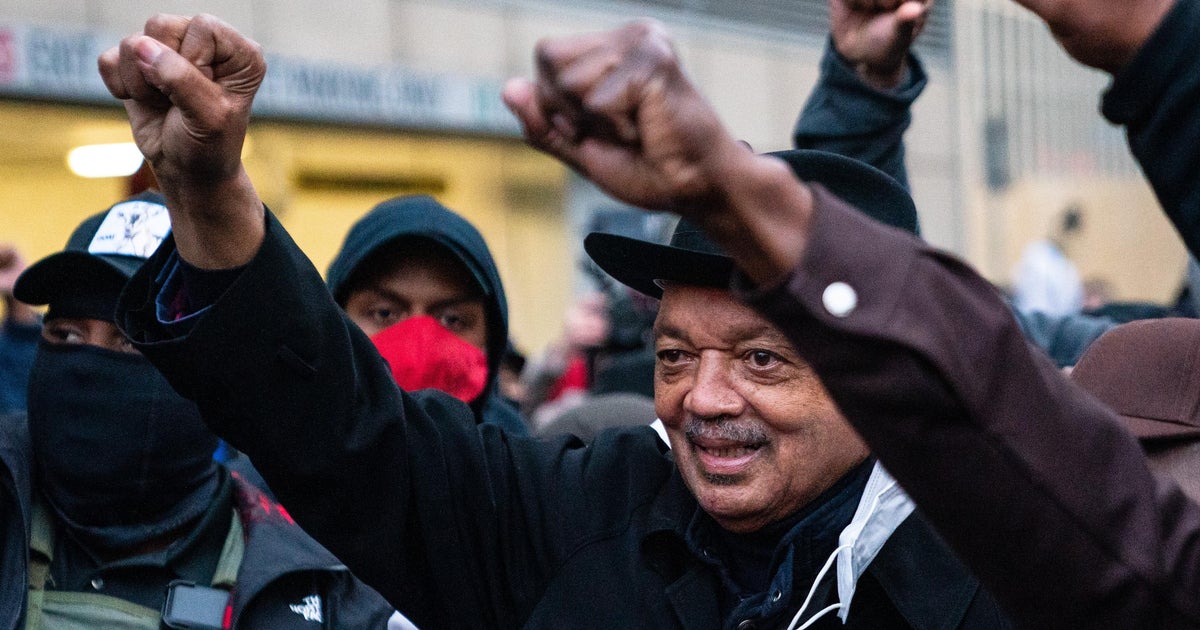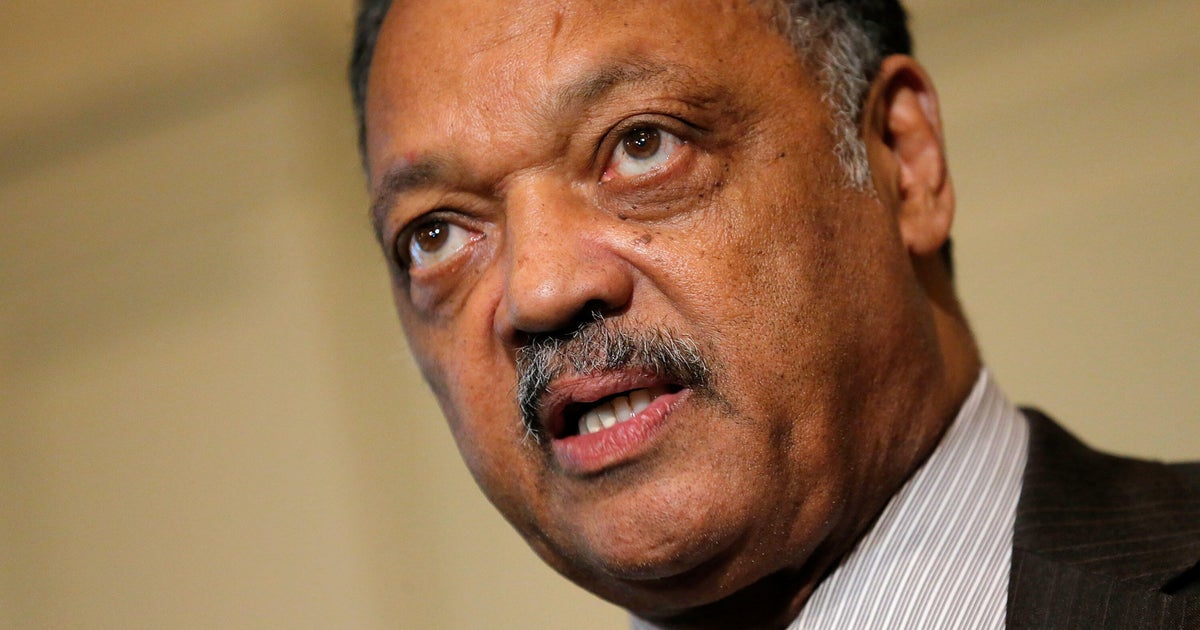Movie Review: 'The Help'
By Bill Wine
KYW Newsradio 1060
As movies -- and especially summer movies -- go, The Help whispers rather than shouts.
But its affecting take on racial relations registers loud and clear.
The Help, based on the book of the same name, is a racially charged but smartly understated portrait of the relationship between African-American maids and their white employers in Jackson, Mississippi in the early 1960s, early on in the civil rights era.
Emma Stone, Viola Davis, and Octavia Spenser play the three central characters, and this triumvirate of actresses on the rise are uniformly fine, bringing their characters to the kind of vibrant, nuanced life that helps us to overlook scripted flourishes that might ordinarily be seen as caricature or exaggeration.
 Stone (at left in photo) is Eugenia "Skeeter" Phelan, a recent University of Mississippi graduate who has had trouble finding work. An aspiring writer, she moves back home to discover that her beloved childhood maid has disappeared.
Stone (at left in photo) is Eugenia "Skeeter" Phelan, a recent University of Mississippi graduate who has had trouble finding work. An aspiring writer, she moves back home to discover that her beloved childhood maid has disappeared.
While looking into it, she gets an idea and begins to try talking some of the town's maids into telling her their secrets and truths for a book she plans to write (the one which gives the film its title) in hopes of making a name for herself.
The women in question warily, reluctantly, eventually, bravely, and surreptitiously agree, but remain nervous -- and justifiably so -- about the unspoken, plenty-at-stake line they're crossing.
Davis is stoic Aibileen Clark, Skeeter's best friend's housekeeper, who delivers the film's voiceover narration and shows us how she has found a way to handle the pain she has endured and found a way to accept certain inequities that she knows she can do nothing about.
And Spenser is Minny Jackson, an outspoken and irrepressible domestic who has been fired more times than she can remember for "talking back," but demonstrates an eye-opening penchant for what might be described as sweet revenge -- and gives the film its crowd-pleasing watercooler moment.
They are part of a strong, female-dominated cast that also includes Jessica Chastain, Bryce Dallas Howard, Allison Janney, Sissy Spacek, Mary Steenburgen, and Cicely Tyson. And actor-turned-director Taylor gets splendid work from his gifted ensemble.
The screenplay, based on the beloved best-selling 2009 novel by Kathryn Stockett, is by writer/executive producer/director Tate Taylor (Pretty Ugly People), who actually grew up in Jackson, Miss. as Stockett's best friend.
His script -- absorbing, engaging, cathartic, and even on occasion quite gallows-humor funny -- gets the job done without being overtly melodramatic, concentrating instead on telling mundane details and cataloging the casual insults and collateral hardships that the domestic workforce had to endure without ever piling on.
Stone is fine, exhibiting considerably more heft than she has gotten a chance to display in her impressive comedic work. And Spenser shines in a breakout role that seems to have been sculpted to take advantage of her gifts.
But it's the remarkable Davis (at right in photo) as the restrained, sensitive, and pragmatic Aibileen who anchors the film brilliantly, reaching out quietly but powerfully and grabbing us by the lapels and, to the film's detriment, making us want to see more of her, as it and she remind us that her Oscar nomination for Trust was no fluke.
Don't be surprised if she's in the Oscar mix again.
There will be, it should be mentioned, objections to this civil rights drama being told through the vehicle of a white writer's undertaking, just as there will be those who find it ironic that the title might just as well refer to white people during the civil rights era. But it would be a shame to let such admittedly understandable misgivings obscure the quality of this well-made and seemingly authentic drama.
So we'll interview 3 stars out of 4 for a heartfelt and poignant study in courage and tenaciousness that also shines a light on the particulars of racism. Lord knows we could use The Help.
